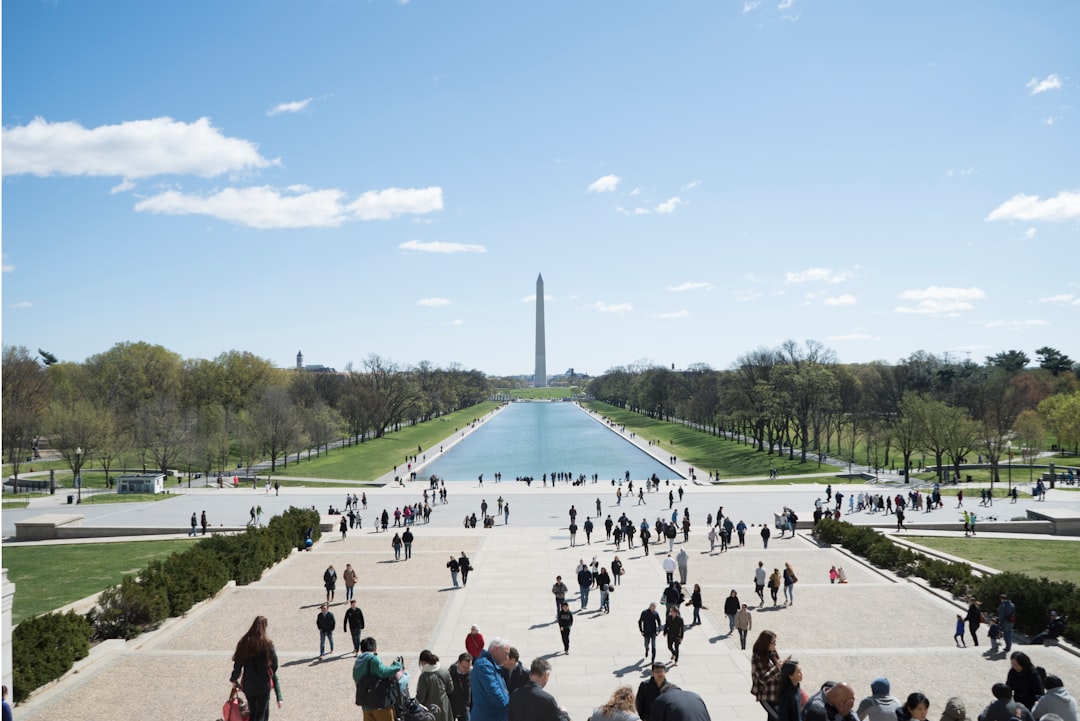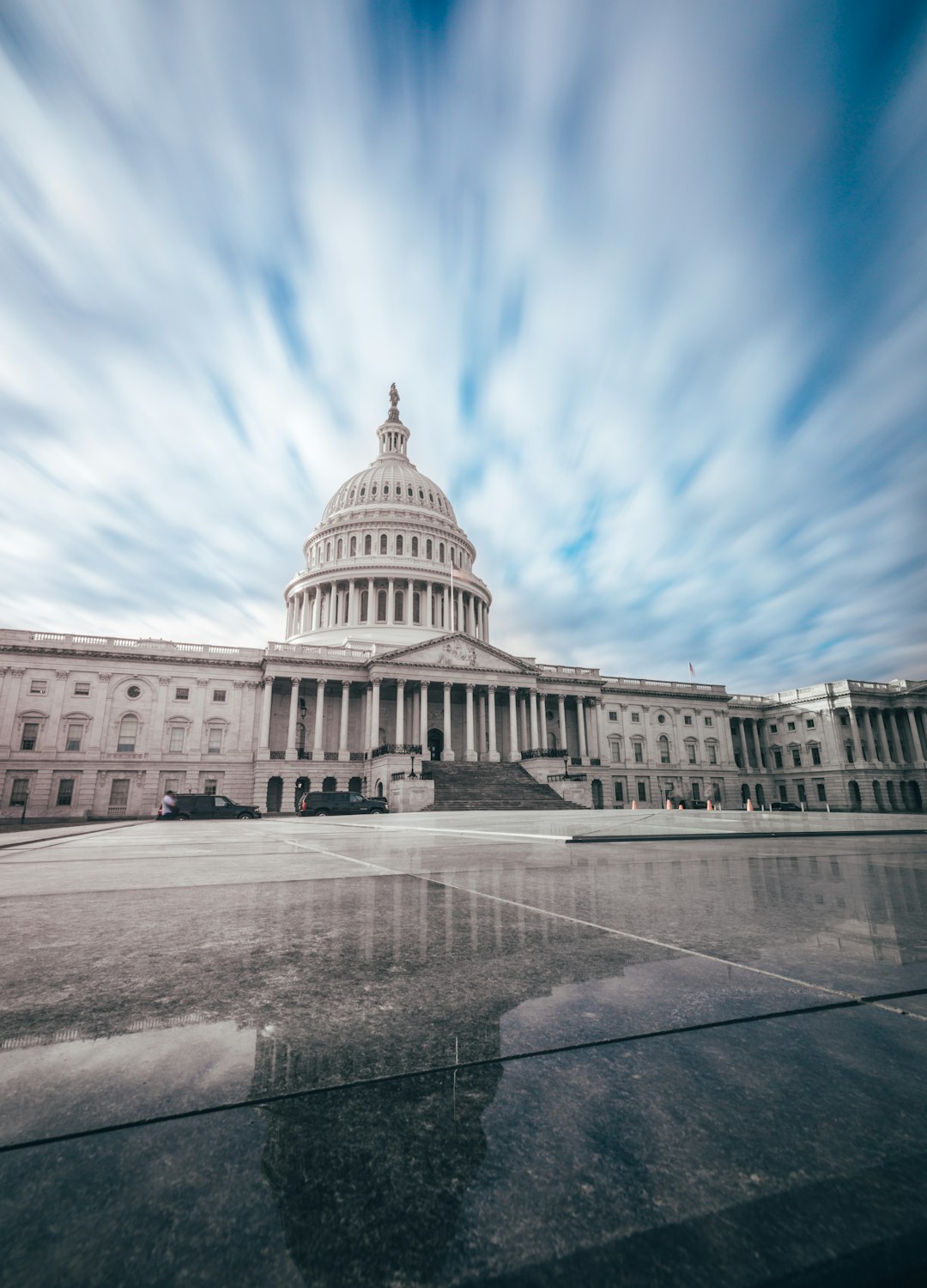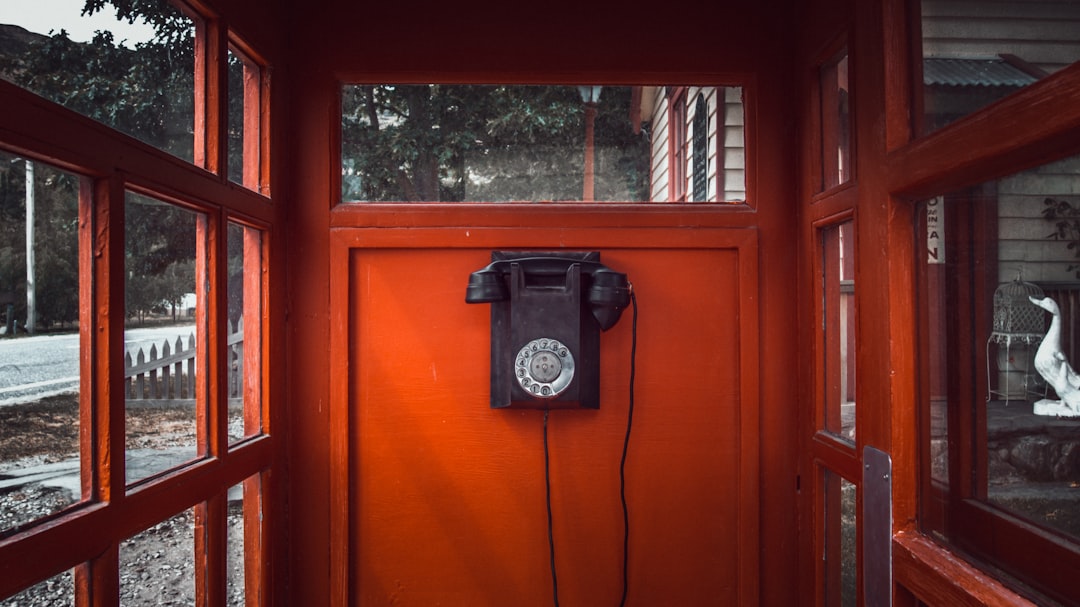Community engagement is key to effective consumer rights advocacy in Washington state, where strong protections are essential. Lawyers specializing in Do Not Call Washington regulations can leverage this approach to raise awareness, enforce laws, and understand diverse consumer needs. By building local connections, they foster trust, drive policy changes aligned with residents' needs, and protect privacy laws like the Do Not Call registry. Educational workshops, partnerships with community orgs, and direct engagement empower residents to take collective action against unwanted calls, benefiting all Washingtonians.
Community engagement is a powerful tool in consumer rights advocacy, especially in Washington. This article explores how active communities can fortify consumer protection efforts and impact policy changes, focusing on the success of the Do Not Call Registry. We delve into strategies that lawyers can employ to engage these communities, enhancing their ability to represent citizens’ rights effectively. By fostering strong local connections, legal professionals can ensure consumer advocacy remains responsive and relevant in Washington.
Understanding Community Engagement: Its Role in Consumer Protection

Community engagement is a powerful tool in consumer rights advocacy, especially in states like Washington where robust protections are essential. By fostering connections within local communities, organizations and individuals can create a network of support for consumers facing various issues, including unwanted telemarketing calls. A lawyer for Do Not Call Washington, for instance, can benefit greatly from community engagement strategies to raise awareness about the state’s do-not-call laws and encourage their enforcement.
This collaborative approach allows for better understanding of the unique challenges faced by different consumer demographics. Through events, workshops, and online forums, community members can share experiences, offer insights, and collectively push for policy changes. Such engagement enhances the effectiveness of consumer protection efforts, ensuring that legal advocacy aligns with the real-life needs and concerns of Washington residents.
The Impact of Strong Community Ties on Advocating for Consumer Rights in Washington

Strong community ties play a pivotal role in advocating for consumer rights in Washington. When residents are connected and engaged, they form a powerful collective voice that can drive meaningful change. This sense of community fosters trust and collaboration, enabling local advocates to effectively communicate with their peers and raise awareness about consumer issues. In the context of Washington state, where privacy laws like the Do Not Call registry are crucial, a tight-knit community can ensure these rights are protected and respected.
The impact is twofold: first, it enhances the reach and impact of consumer rights advocacy groups, as they can leverage the network to educate and mobilize citizens; second, strong communities empower individuals to take collective action, ensuring that their voices are heard by policymakers and businesses alike. This dynamic relationship between community engagement and consumer rights advocacy is essential for creating a robust and responsive legal framework, such as those provided by lawyers specializing in Do Not Call Washington regulations.
Strategies for Lawyers: Engaging Communities to Promote the Do Not Call Registry in Washington

Lawyers play a pivotal role in advocating for consumer rights, especially regarding privacy and unwanted calls. To effectively engage communities in promoting the Do Not Call Registry in Washington, legal professionals can employ several strategies. First, hosting educational workshops and seminars in local neighborhoods enables lawyers to raise awareness about the registry’s benefits and its importance in stopping harassing phone calls. These events can also serve as platforms for Q&A sessions, empowering community members with knowledge on how to protect their rights.
Additionally, forming partnerships with community organizations, such as neighborhood associations or consumer protection groups, allows lawyers to leverage existing networks. Collaborating on awareness campaigns, distributing informational materials, and sharing success stories about the registry’s impact can foster a sense of collective action. By engaging directly with residents, lawyers can encourage sign-ups for the Do Not Call Registry, ultimately reducing unwanted calls and promoting a peaceful living environment for all Washingtonians.





